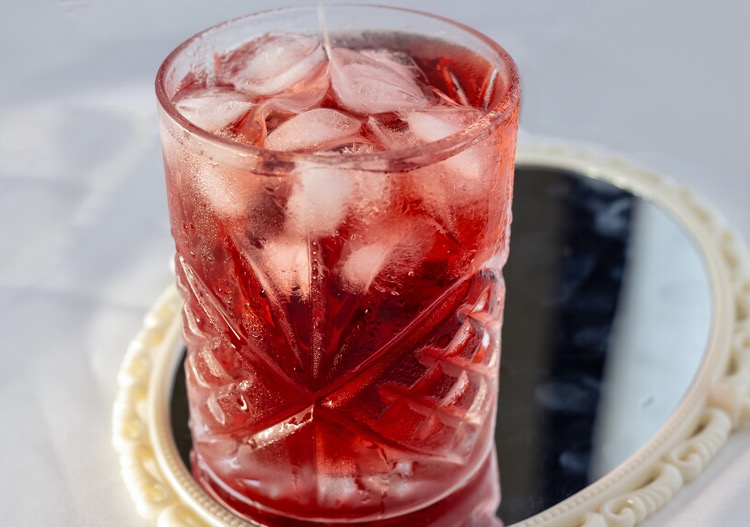
Africa is famous for its rich cuisine, and the locally made beverages are no exception. Made from different substances and versatile in taste and textures, different African regions have different drinks to offer. From Ethiopia to Ghana, Rwanda to Kenya, the following African drinks are some of the best that various African regions offer.
The African drinks list
Ethiopian Coffee
In terms of traditional practices, coffee brewing is one of the oldest. Now known worldwide, coffee was first brewed in Ethiopia, whose fertile highlands sprout the best coffee beans in the world. Grown exclusively in the Bench Maji Zone of Ethiopia, the “Ethiopia Genika” is known for its distinct taste. Many natives take their coffee with just a spoonful of sugar without adding milk.
Zobo
A Nigerian favorite and made in parts of Africa and the Caribbean. It is made from dried Roselle plant flowers (botanically known as Hibiscus Sabdariffa) and is also known as Hibiscus Tea. The drink is called Roselle in some African and Caribbean regions, and it is also called “bissap” in Burkina Faso and “sobolo” in Ghana.
“Zobo” was a name derived from the Hausa phrase “Yakwan Zobo”, alluding to the dried leaves of the roselle. Its taste can be defined as a cross between cranberry juice and grapes. The petals of the roselle are dried and soaked in hot water, and you may add mint leaves, ginger, fruit juices, and spices. Zobo is usually served at home, restaurants, parties, etc. Get our hibiscus mocktail recipe.
Palm wine
Palm wine is known by different names in various countries in Africa. It is known as ‘palmy’ or ‘nkwu’ in many parts of Nigeria. After being derived from palm tree sap, fermentation helps give it that sweet/sour alcoholic strong taste that many adore. Distillation brings out an even stronger taste. The cultural significance of palm wine cannot be overstated. It is immensely popular among Nigerian tribes, and it is the preferred drink in traditional festivals and wedding celebrations.
Banana beer
Banana beer is a local beer made from ripe bananas, and is native to East Africa. To make it, sorghum and millet are added to a mixture of kneaded bananas to produce an alcoholic liquid. Banana beer is known as “mubisi” in Uganda, “kasiksi” in the Democratic Republic of Congo, and “urwagwa” in parts of Kenya, Rwanda and Burundi.
Banana wine
Although similar in procedure to banana beer, the fermentation process for banana wine is much longer, amounting to a longer shelf-life.
Both drinks are at risk of extinction due to a high cultivation rate of foreign banana species. This negatively affects local banana species’ cultivation, the main ingredients for the drinks.
Sobia
Made in Egypt from ground rice mixed with coconut milk, this drink is traditionally prepared during Ramadan as a drink to break the fast. Most Egyptians flavor it with vanilla to give it a sweet taste.
Oshikundu
The oshikundu is native to Namibia and combines pearl millet flour (mahangu), sorghum flour, and water. The drink gets its brown color from fermentation., Previously fermented oshikundu is added to aid in the fermentation process.
It is highly nutritious, has a short shelf life and must be consumed quickly after preparation. Oshikundu is mostly brewed and served at home.
Kunu
Kunu is a grain-based drink primarily produced from sorghum and millet. You can also add maize, but this addition is highly optional. It is popular in Northern Nigeria. Vegans may find this drink delightful. Due to its ingredients, kunu is rich in fiber and aids bowel movement.
Tej
Fermented and alcoholic, this beverage is derived from honey and consumed mainly in Ethiopia and Eritrea. It is a cultural icon and widely depicted as the national drink of Ethiopia. Flavor and taste depend on its honey source.
These are wonderful refreshments to serve at weddings, funerals, festivals, and other occasions. They’re also regarded as cultural heritage because of their unique mode of preparation across regions.
